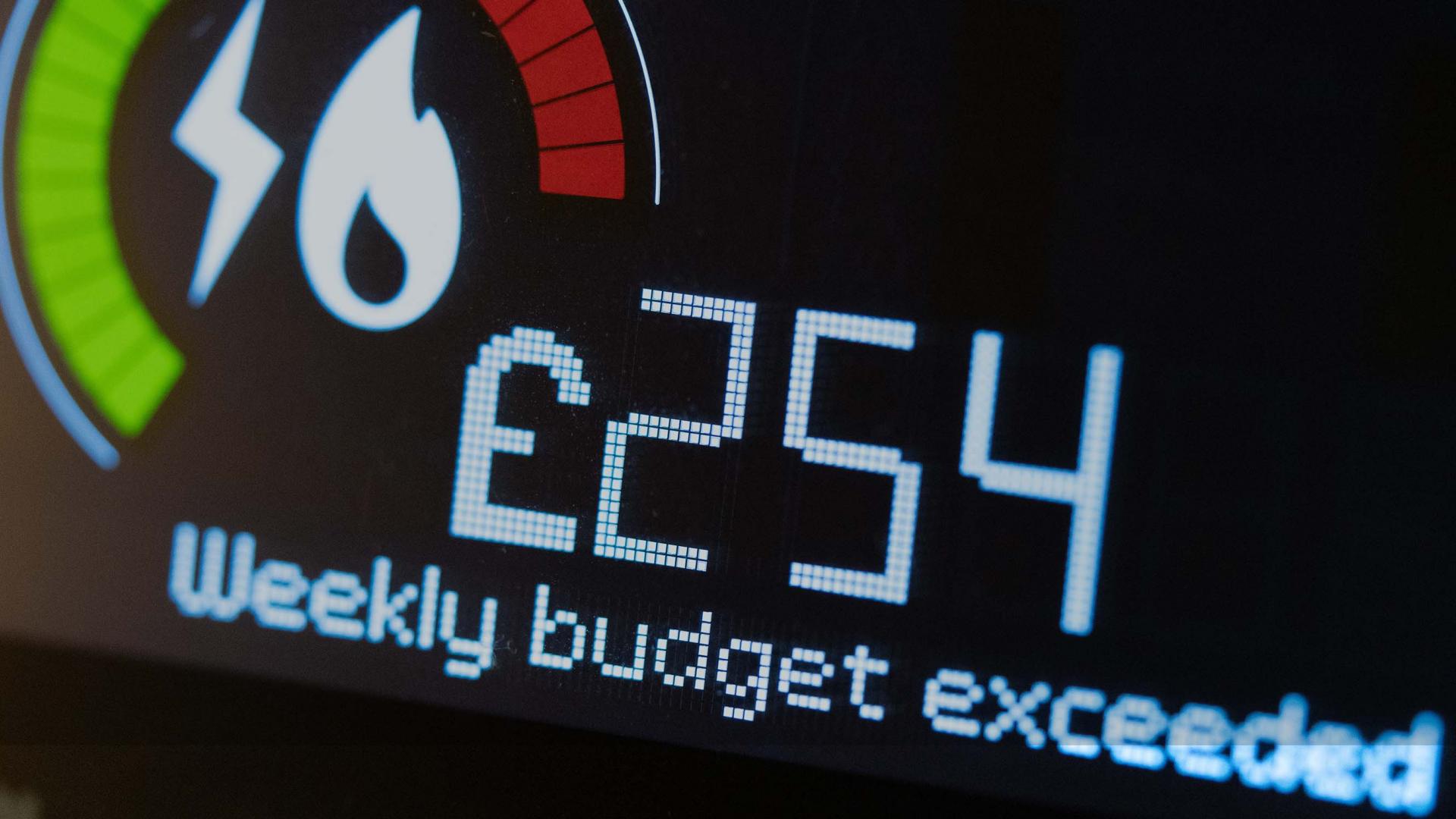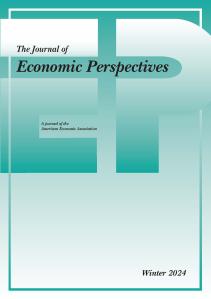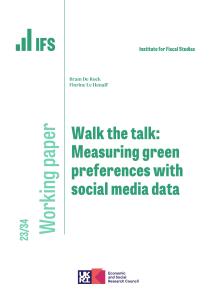What should the government do about the huge increases in energy bills? Neither of the candidates to be prime minister have come up with an adequate solution. For Rishi Sunak, the answer appears to be to cut the 5 per cent VAT on domestic energy and spend an additional £5 billion supporting poorer households. If that is now looking inadequate, then Liz Truss’s pledge to get rid of the “green energy levy” sits somewhere between meaningless and pointless. There is no single green energy levy. And the net cost of all the different programmes associated with green energy and insulation will amount to the grand total of about £11 per household over the next three months. Not £11 per month, £11 over three months.
It is time to lay to rest once and for all the myth that the present leap in bills has anything to do with the costs of decarbonisation. New zero-carbon electricity generators are supported via the contracts-for-difference scheme, which offers generators a guaranteed (“strike”) price for the electricity they produce. Before today’s crisis, the market price was generally below the strike price and so generators received a subsidy paid for by a levy on electricity suppliers, which then would pass on the cost to customers through their bills.
But with soaring energy prices, the market price for (intermittent) electricity has leapt almost fourfold since the start of 2021, pushing electricity prices well above the strike prices agreed with most zero-carbon generators. Given the way their contracts work, these zero-carbon generators now pay back the difference between the strike price and the price they receive from selling electricity on the open market. We can expect them to pay back about £3 billion in the three months from October, very nearly covering all of the other additional costs for insulation, green generation and supporting poorer households that are added to household bills.
As you would expect, having renewable energy generating capacity at a time when fossil fuel prices are going through the roof is a boon, not a burden.
To return to the main question, though: what support should be provided to households over the coming months? Despite my rudeness about the candidates’ stated plans, I am in part reassured by the lack of detailed proposals. I have no doubt that, in office, they will have to do something more than they have promised. And perhaps the hurly burly of the campaign trail is not the right place to develop the detail. That said, the scale of the choice is big enough and fundamental enough that at least a clearer sense of direction would have been helpful.
The choice is big because the scale of the problem is so big. We heard on Friday that the average household will have to spend well over £1,000 on their energy bills between the start of October and the end of the year: near enough a threefold increase compared with the same period last year. Bills this winter are likely to be more than 50 per cent higher than was expected when the government put its present policies in place in May, with more big increases to come in the new year. That is not only going to be a problem for the poorest, but also for millions of households on modest incomes.
The choice is not over whether to reduce VAT or get rid of the green levies; it is over whether to substantially step up the packages that have been put in place already — increasing the universal £400 off energy bills and the extra support to pensioners and benefit recipients — or do something even more dramatic. The Labour Party, and now some of the power companies, have proposed that the state should simply subsidise all our energy bills by holding prices at their present level, compensating the energy companies for the loss.
The latter course obviously would be both extraordinarily expensive and substantially wasteful. We might not get much change out of £100 billion over the next couple of years. And while everyone no doubt would welcome the help, there are plenty of households, perhaps even a majority, that could cope well enough without it. Furthermore, it’s dangerous for governments to get into this game. Once we get used to having our energy bills subsidised, we might easily become addicted.
So why even consider it? The problem is that any other type of intervention may now be inadequate. We don’t have the tools to target all those households that are likely to end up in serious trouble. Is it really practical for households with only modest means to be paying perhaps £400 every month for their gas and electricity when they have been used to paying, and budgeting for, a fraction of that?
One thing is for sure. An intervention like this would need to be paid for eventually with real additional revenue. It is no use pretending, as Labour did, that it would last only six months and could be paid for from a series of non-existent revenue streams, including mythical savings on debt interest. Truss, if she wins, will have to recognise that governing requires hard choices and that sometimes means tax rises. Any government going down this route would need to pay for it, over time, through the tax system, preferably income tax. That could effectively recover the unnecessary payments going to those on high incomes.
This is not an attractive policy. Raising taxes to subsidise everyone’s bills is something to contemplate only in an emergency. If a more targeted approach can be made to work, that is what we should do. But we may be facing such an emergency that deeply unpalatable decisions need to be taken. If only we had a government in place to give the careful and mature consideration that such decisions require.
This article was first published in The Times and is reproduced here with kind permission.









